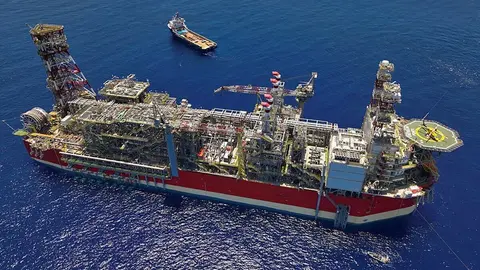Morocco invests 1.9 billion dollars in environmental protection
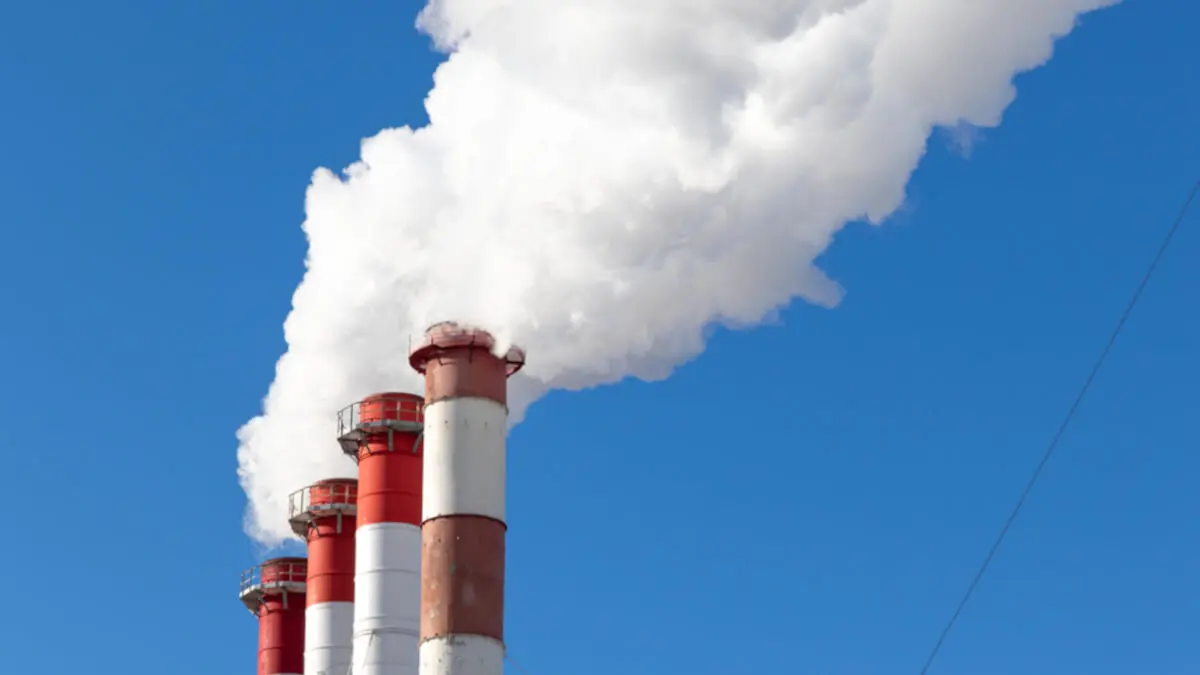
Morocco's Ministry of Energy Transition and Sustainable Development has launched a project to prevent and combat industrial pollution in the country. According to Leila Benali, minister of Energy Transition and Sustainable Development, the new programme to combat industrial pollution will activate a draft programme for the prevention and control of industrial pollution with a budget of 1.9 billion dollars for the period 2024-2035.
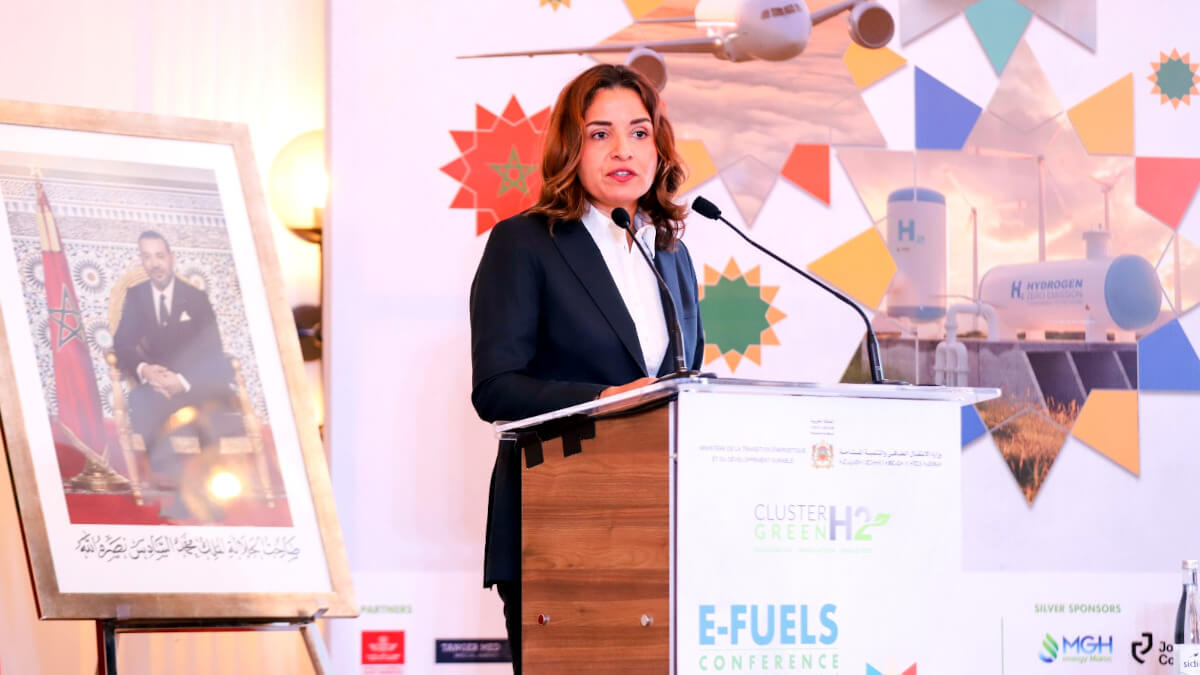
The minister informed that the financial package of the programme, which awaits approval from the relevant ministries, will be provided through international partnerships with the participation of public and private sector stakeholders.
Underlining the ministry's commitment to reducing the impact of industrial waste, Benali said the ministry has signed agreements to implement projects aimed at the collection, treatment and recovery of waste from the olive oil industry.
The aim is to develop sustainable solutions for olive oil products, with a budget of 18.5 million dollars and a significant contribution of 6 million dollars from the Ministry of Sustainable Development.
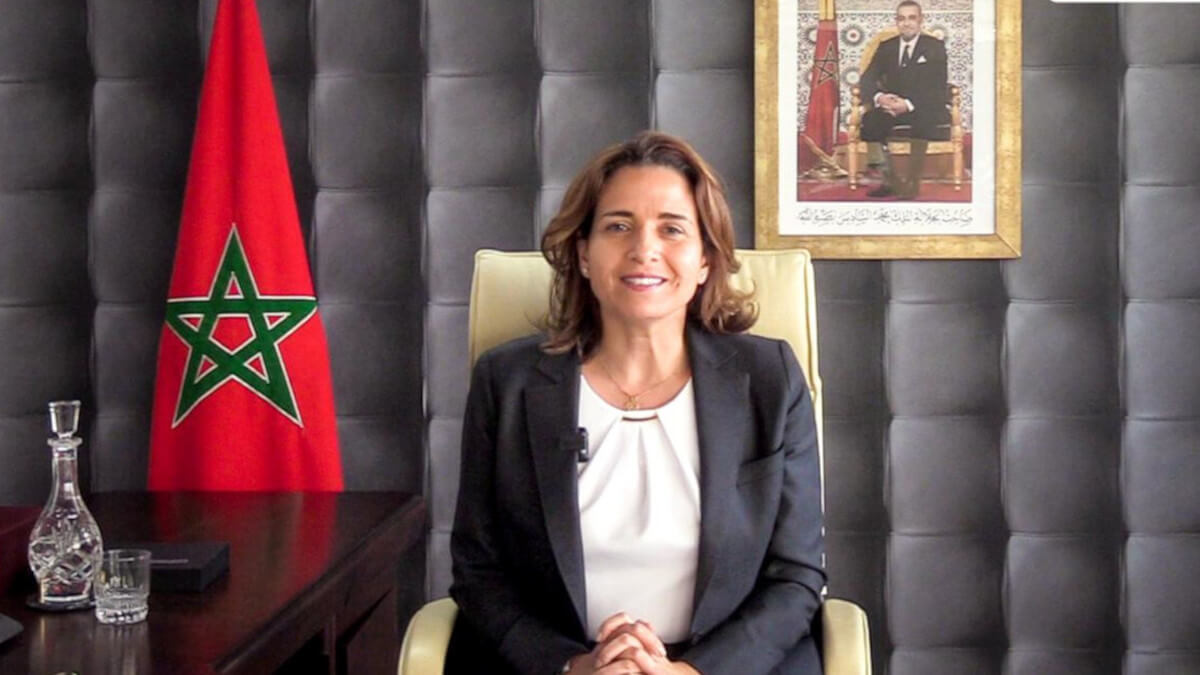
Benali added that the ministry has contributed to funding 125 projects aimed at combating liquid, gaseous and solid industrial pollution throughout the country.
The budget for these financial arrangements to control industrial pollution is 100 million dollars, of which almost 33.9 million dollars are grants. Benali highlighted the ministry's efforts to support industrial enterprises through the Industrial Decontamination Fund (FODEP) and the Voluntary Industrial Decontamination Mechanism (MVDIH), specifically aimed at liquid waste treatment.
"بهدف مواجهة الاثار الاقتصادية والاجتماعية لتغير المناخ، نشتغل على تحيين وتقييم البيانات والمعلومات للحد من آثار المخاطر المناخية" .. من مداخلة @LeilaRBenali، وزيرة الانتقال الطاقي والتنمية المستدامة، أثناء حضورها لجلسة الأسئلة الشفهية بمجلس المستشارين يوم الثلاثاء 28 ماي 2024. pic.twitter.com/wIPvB7UVbm
— MTEDD وزارة الانتقال الطاقي والتنمية المستدامة (@MTEDDMAROC) May 29, 2024
Established in collaboration with international partners, these funds offer financial incentives of up to 40% of total costs to encourage environmental improvements in companies. In terms of legislative and preventive measures, Benali mentions a number of laws aimed at protecting and improving natural resources from various forms of pollution.
One example is Framework Law 99.12, the National Charter for Environmental Protection and Sustainable Development. This law requires public and private companies to implement sustainable purchasing, operations and production practices. In turn, the company will require environmental audits to assess the impact of its activities on the environment.
These initiatives demonstrate the national commitment to environmentally sustainable development and the country's determination to address pressing global challenges while helping to create a greener future for generations to come.
Morocco has other problems to tackle
The African country has been struggling with a number of water-related problems for many years. Lack of rainfall has caused some of the country's reservoirs to reach record low levels. The government promised to take some measures to remedy the situation.
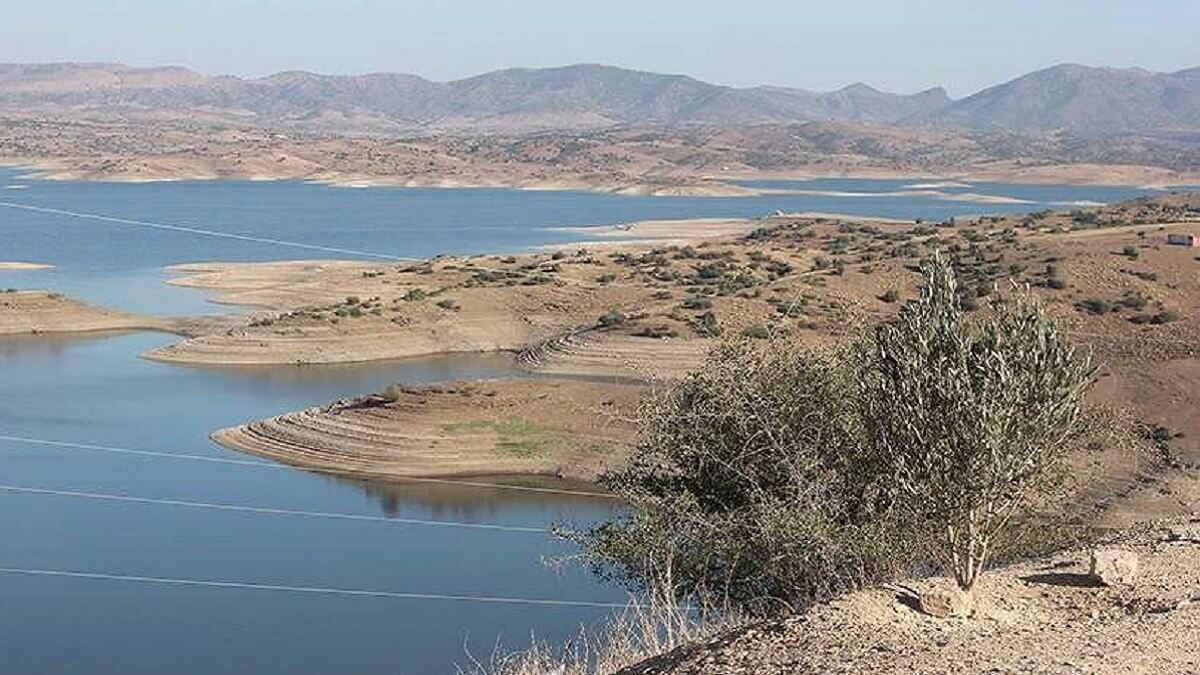
Faced with this dilemma, the Moroccan government reached an agreement with the US ambassador, emphasising that the action plan ‘will cover a range of areas, from the enforcement of environmental laws and the protection of endangered species to combating plastic pollution and improving air quality’. The two states reached a number of different agreements that reflect the good diplomatic relationship between the two countries.
Morocco is in an alarming state of air pollution
The country is home to two of the top ten sources of sulphur dioxide (SO2) emissions in Africa, according to a new report by Greenpeace MENA and Greenpeace Africa. These findings have raised serious health concerns in North Africa, where air pollution is already a major public health crisis.
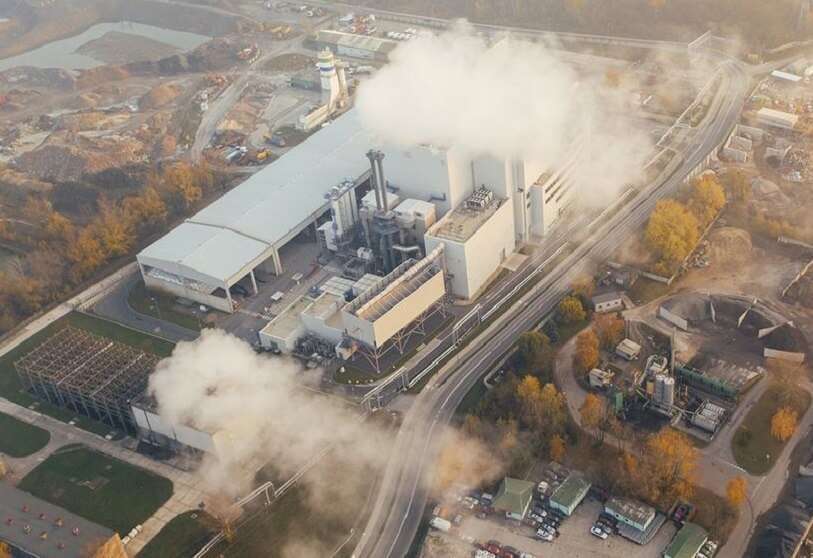
The report entitled ‘Exposure to major air pollutants in Africa’ urged governments to take immediate action to address the problem. The report focuses on emissions of nitrogen oxides, sulphur dioxide, volatile organic compounds and fine particulate matter that contribute to the formation of PM2.5 - small, very harmful particles that cause many health problems and premature death.
While the report does not directly link Morocco to such deaths, it identifies the country's power plants in Mohammedia, Jorfa Lasfar and Safi as the main source of SO2 emissions.
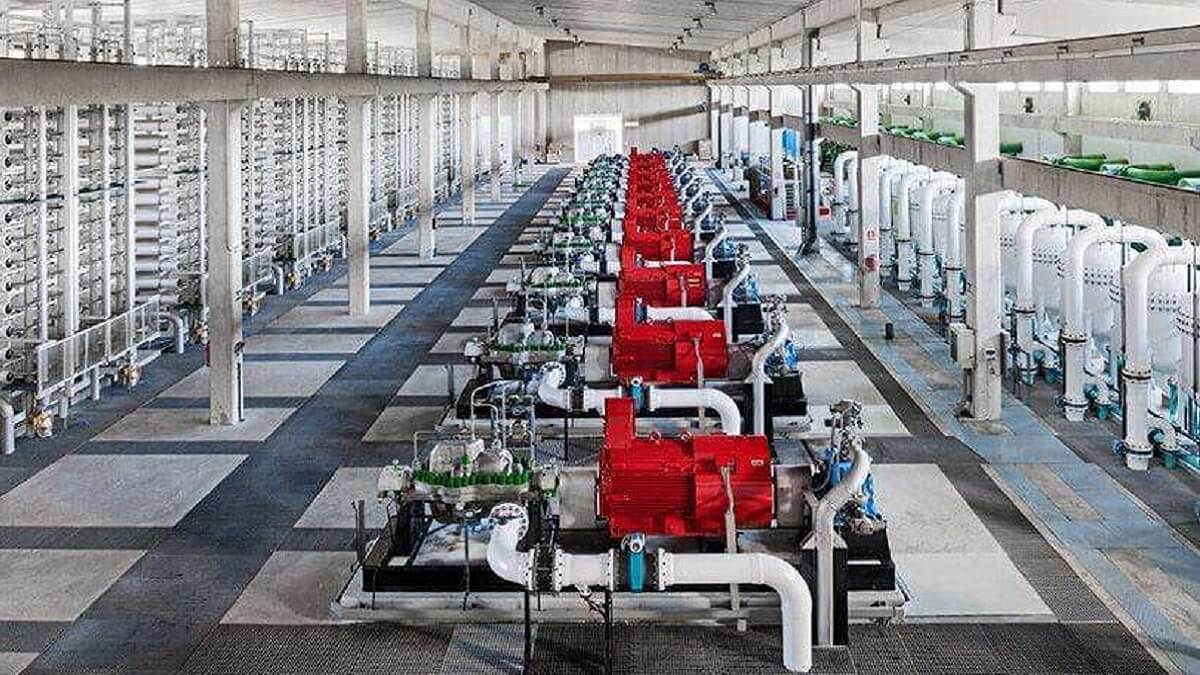
Despite some positive signs, including a significant reduction in SO2 emissions at the Safi and Jorfa Lasfar power plants since 2023, the Mohammedia coal-fired power plant recorded an alarming 54% increase in that time.
Among these projects are those focused on industrial decarbonisation, seawater desalination, renewable energies and the launch of a liquefied natural gas market in Morocco. He also highlighted progress in the production of green hydrogen, a potential catalyst for energy transition and regional integration between Africa and Europe.


